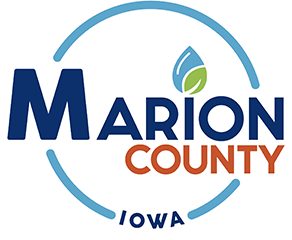Crisis Stabilization Community Based Services
posted on 8/3/21 

Crisis Stabilization Community Based Services
Provided by Community Health Centers of Southern
Iowa
Marion County CROSS Mental Health and Disability Services (MHDS) Region partners with Community Health Centers of Southern Iowa to ensure residents in the service area can access mental health services. One of those services include, Crisis Stabilization Community Based Services.
What is Crisis Stabilization Community Based Services (CSCBS)?
- A voluntary service for individuals in need of a safe, secure, and structured environment.
- The goal is to stabilize the client within the community.
- Services will be provided in the least restrictive location, meeting the needs of the individual.
- Short-term services are to be completed in less than 5 days.
- Serves individuals of ALL AGES.
Services include (but not limited to):
- Psychiatric services.
- Mental health counseling services via telehealth.
- Referrals to additional services needed, to include both internal and external referrals.
- Peer support services either in person, via telehealth, or telephone.
- Coordination of ongoing services needed.
- Daily crisis stabilization services.
Who is eligible?
- Any individual living within the CROSS MHDS Region: Clarke, Decatur, Lucas, Marion, Monroe, Ringgold, and Wayne Counties.
- The client is presenting active symptomology consistent with a mental health crisis, AND
- The mental health crisis is interfering with the clients' activities of daily living, AND
- The factors leading to admission or the client’s history of treatment suggest that the symptoms can be stabilized with crisis stabilization services within the community, AND the client does not require inpatient hospitalization but requires crisis stabilization services that may include medication, counseling, referral, peer support, and linkage to ongoing
Referrals to CSCBS will be accepted 365 days a year, 24 hours a day. CSCBS can be accessed through Mobile Crisis Response by calling
(641) 342-1742 or emailing [email protected]


